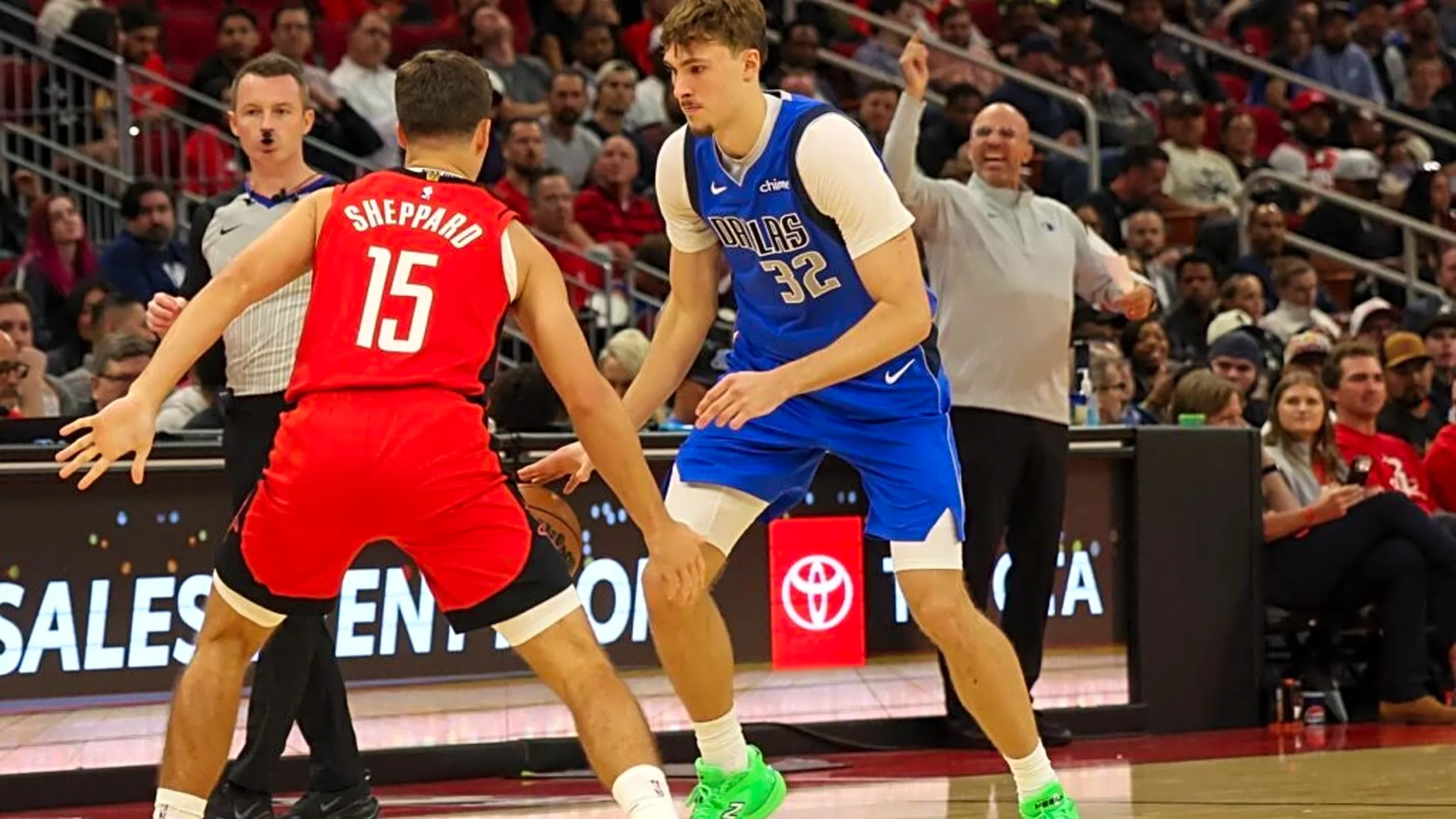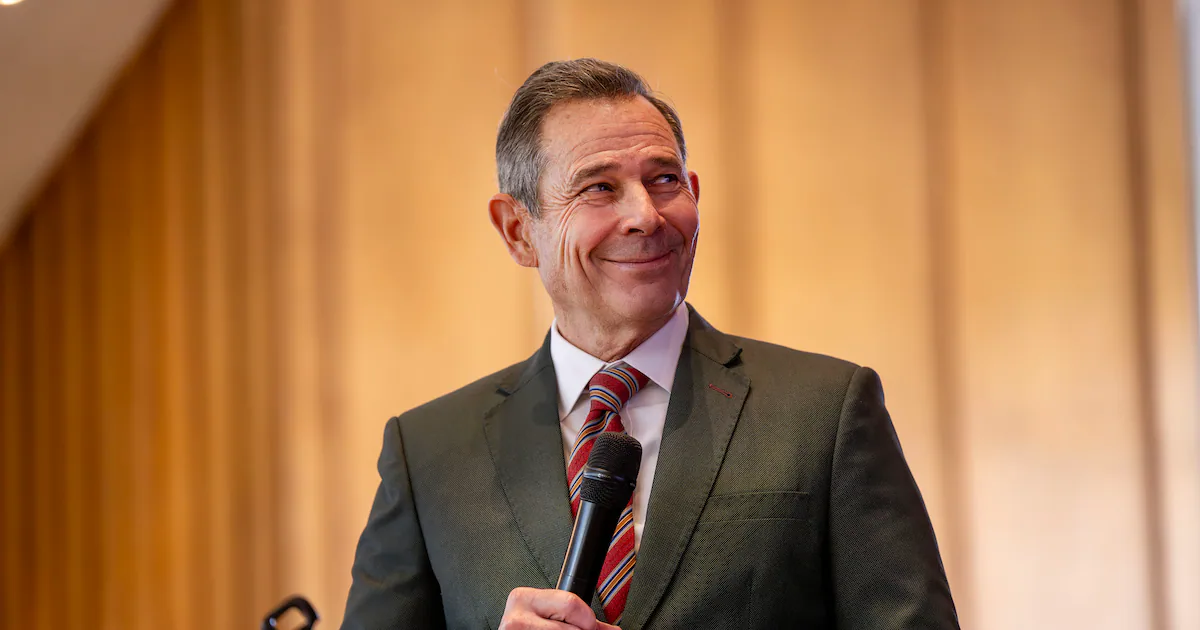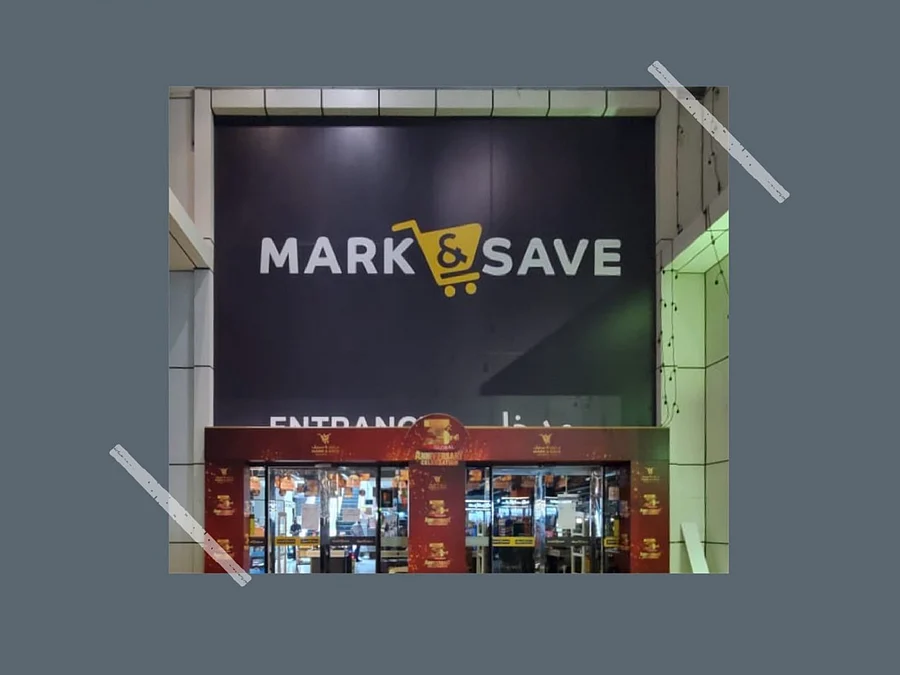Copyright yardbarker

In addition to the short-term advantages, the 18-year-old’s role as the primary ball handler is part of a broader developmental plan. Dallas is preparing Flagg for high-stakes situations by giving him practice making snap decisions under duress. He can develop the poise and composure that will be essential when the playoffs arrive with every possession, read, and late-game scenario. Kidd summarized this philosophy after the Mavericks’ game against the Detroit Pistons when discussing the reasoning behind starting Flagg at point guard: “There’s a couple of things behind him playing point guard. One is our health. Coming out of training camp, we had a lot of injuries… The other part of handling the ball is being able to handle the pressure when April comes around and you’re playing for something greater.” Why Flagg Fits the Role Flagg’s skill set makes this experiment more than a gamble. His basketball IQ, court vision, and defensive instincts have been praised since his high school days. The Duke product plays with the calm of a veteran, reading defenses and making plays without rushing. While not a traditional guard, Flagg’s ability to control tempo and impact both ends of the floor allows him to redefine what a modern point forward can look like in today’s NBA. His strength and awareness let him absorb contact while still keeping the offense fluid, a quality Kidd values highly in his system. The Challenges Ahead However, there are obstacles in this way. As a rookie, managing an NBA offense is a huge task. There will be mistakes and ongoing scrutiny. Flagg and the Mavericks’ coaching staff will need to exercise patience as he transitions from forward to lead guard. However, the possible benefits exceed the hazards. Dallas may be creating a long-lasting project if he can keep up with the pace, control the offensive flow, and maintain his defensive vigor. Growing through pressure might be the best schooling a young player with this much potential could receive. A Glimpse Into the Mavericks’ Blueprint Kidd’s strategy reveals a lot about the Mavericks’ outlook. This crew isn’t satisfied with allowing young people to grow up in the background. By investing in experience, the franchise hopes that early hardship will lead to long-term poise. Flagg sees it as a chance to establish himself as a key component of a system that will develop around him. Seeing the future — not just the next game — has always been a key component of the Mavericks’ strategy. Ultimately, Kidd is testing a future leader rather than merely a lineup by allowing Flagg to assume command right away. Additionally, this daring experiment might mark the start of a new era in Dallas basketball if the rookie is successful.



